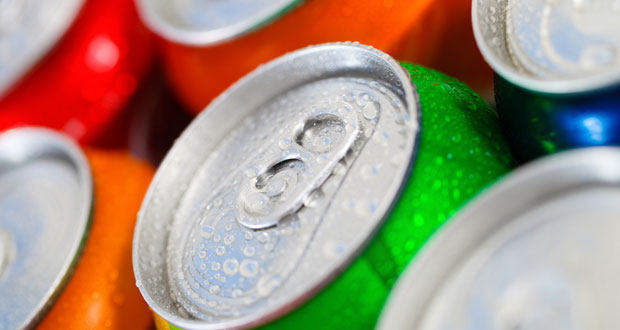Greens leader Richard Di Natale, who is a medical doctor, has called for a 20 per cent tax on soft drinks. This would mean a $2 can of soft drink would cost $2.40.
"We know from the evidence overseas that if we put a small tax on sugary sweetened drinks, a major contributor to obesity and ischemic heart disease, we will reduce the incidence of both of these things," Di Natale said, before going on to say the current generation of children could be the first to have a reduced life expectancy compared with their parents.
Three academics published an article in April 2016 calling for such a tax. Gary Sacks (senior research fellow, World health Organization Collaborating Centre for Obesity Prevention, Deakin University), Jane Martin (executive manager of the Obesity Policy Coalition and senior fellow, Faculty of Medicine, Dentistry and Health Sciences, University of Melbourne) and Lennert Veerman (senior research fellow, School of Population Health, University of Queensland) argued that: "Our PLOS ONE research examined the potential impact of a 20 per cent rise in the prices of sugar-sweetened carbonated soft drinks and flavoured mineral waters on health, healthcare expenditure and potential revenue.
"As expected, the tax would result in people decreasing their consumption of sugary drinks. The influence of a price increase would be greatest on those who drink a lot of sugary drinks, so the greatest impact would be on younger age groups. This is an important result that is difficult to achieve through other obesity-prevention measures.
"The decreases in consumption would result in small declines in the prevalence of obesity of about 0.7 per cent in men and 0.3 per cent in women."
Craig Sinclair from the Cancer Council agrees. "Consumption of sugar-sweetened beverages is associated with a range of serious health issues, including weight gain and obesity, which in turn are risk factors for diabetes, cardiovascular disease and cancer," Sinclair said.
Opponents of sugar taxes say these measures are regressive, hitting the lowest socioeconomic groups the hardest. They also say the taxes are anti-business, destroying jobs and economic value.
A European lobby group fighting such measures stated: "Discriminatory taxation is ineffective. Taxing food and drink does not address obesity or support public health goals and does not teach people how to lead balanced and healthy lifestyles. It patronises consumers, rather than helping them."
Do you have an idea for a story?Email [email protected]
 Aged Care Insite Australia's number one aged care news source
Aged Care Insite Australia's number one aged care news source

